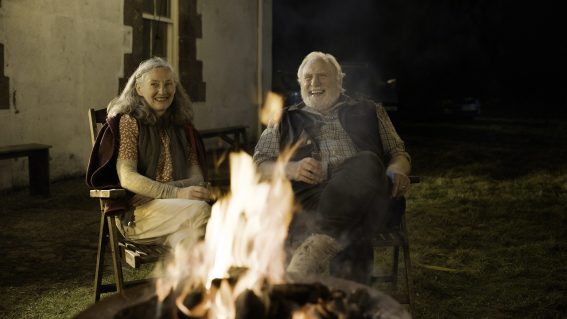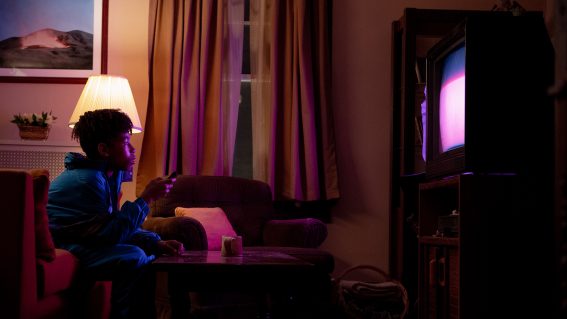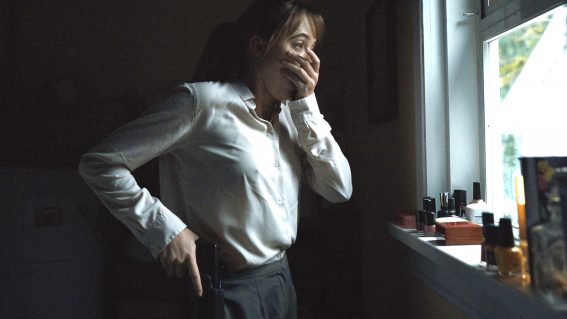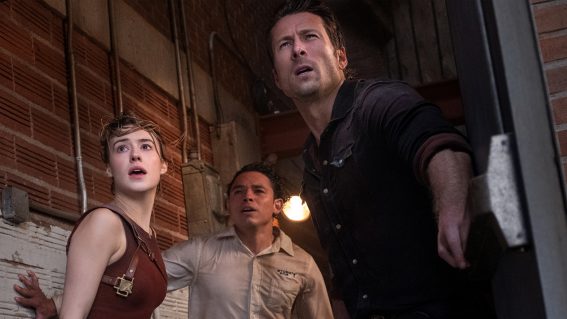In ‘bio-fiction’ Ali & Ava, real people’s real words unfurl beautifully before our eyes
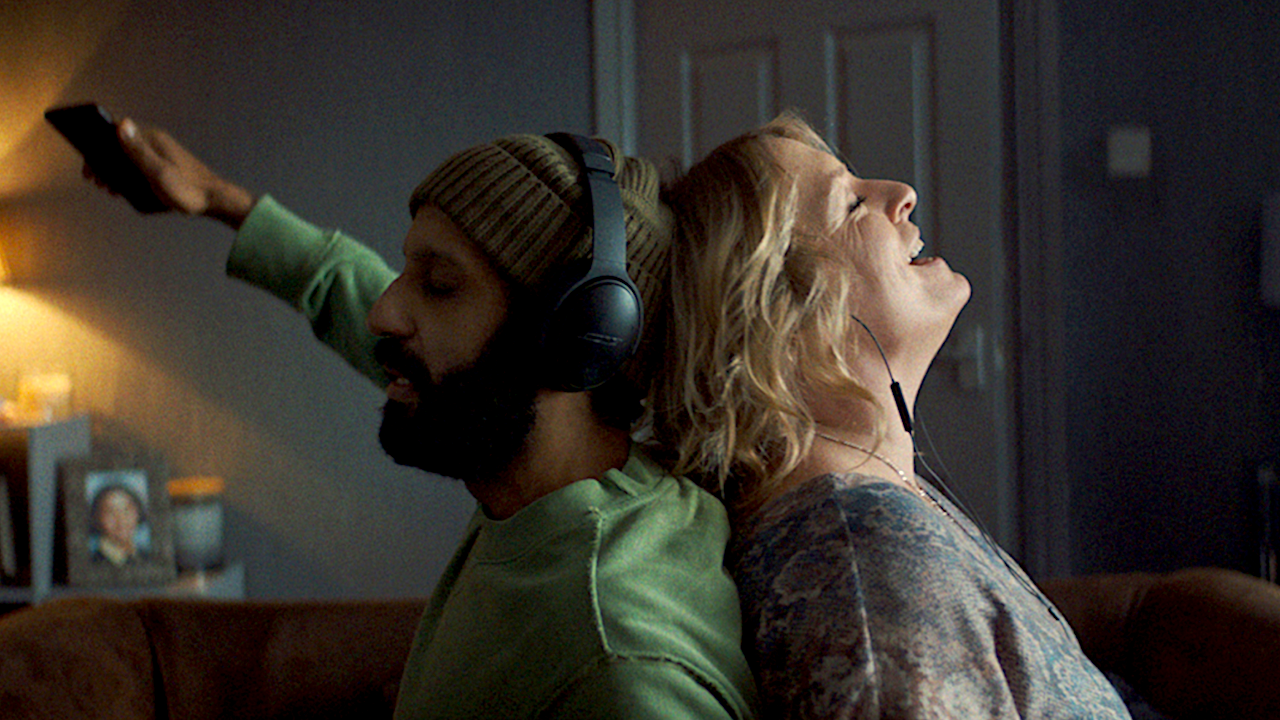
Music brings Ali & Ava together in Clio Barnard’s latest film, a raw and natural love story set in Bradford. Lillian Crawford found it stunningly moving and believable, even if the ending is necessarily abrupt.
There’s something very powerful about verbatim theatre—scripts written entirely from real words spoken by real people in the real world. The idea is to take something that has actually been lived and share it with others, all the while acknowledging that actors become a vessel for the original agents.
British director Clio Barnard is at the forefront of bringing this theatrical style to filmmaking, a method she calls “bio-fiction” which founds narrative films in documentary realism. The result is a refreshing antidote to the stylisation audiences are used to.
Barnard’s latest film, Ali & Ava, draws its story from the words and experiences of people she met during the filming of her previous features. The title characters, played by Adeel Akhtar and Claire Rushbrook, developed their performances by listening to recordings of their real-life counterparts, slowly allowing them to move into the Bradfordian shoes of Ali and Ava themselves. What follows seems to unfurl almost in real time before our eyes, giving the developing relationship a raw sense of believability.
While Rushbrook plays Ava well, it’s Akhtar who really shines through this method—so much so that he has received a BAFTA nomination for Best Actor. His early interactions with children are especially delightful, persuading the child of one of his tenants to go to school by carrying her on his shoulders, or singing and dancing with a group of kids he catches throwing stones at his car as he gives Ava a lift. It’s moving to see such a sensitive male character in a British film, one who feels safe and non-aggressive, in contrast to the threatening men in similar films by directors like Andrea Arnold or Lynne Ramsay.
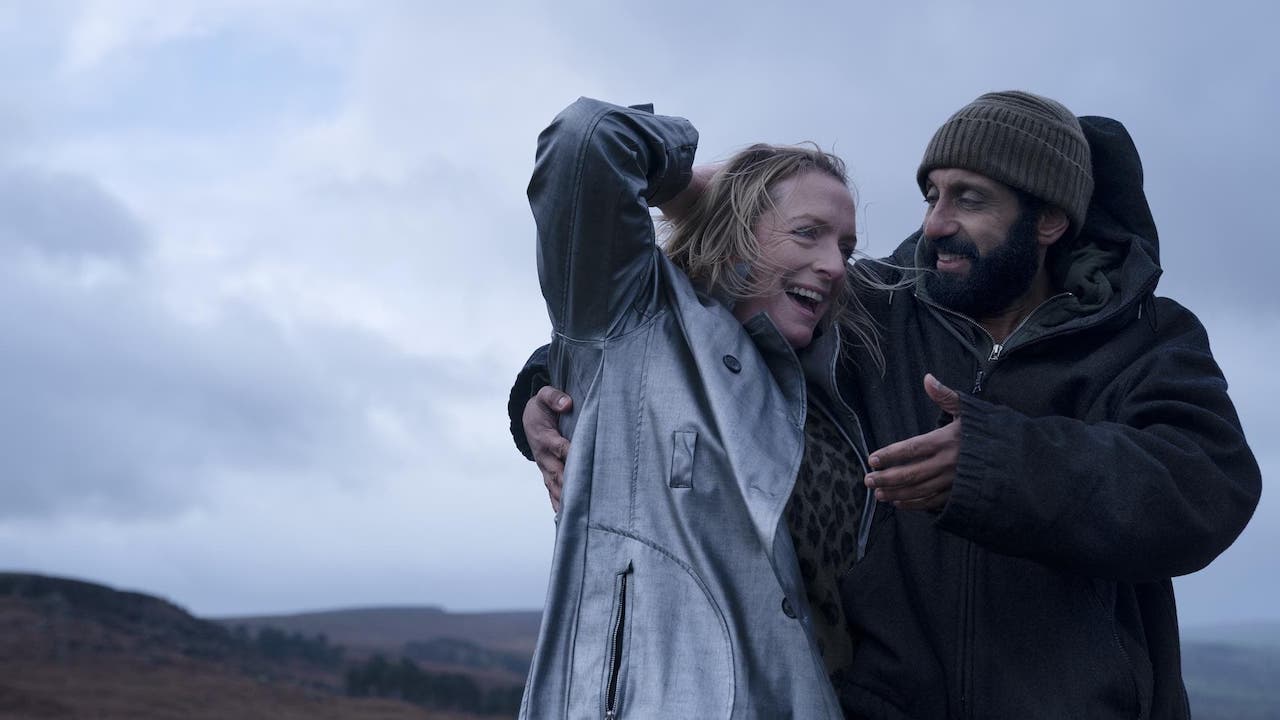
Music is at the heart of this connection, and Ali & Ava is really a story of how musical tastes can be adapted and reconciled. There are some wonderful sequences in which Ali, wearing headphones, dances in the mist atop his car and shouts into the landscape to let out his emotions. His music is an outlet for the build-up of frustration he feels, in his failed marriage and the racist distrust he faces from Ava’s son Callum. There’s something very cathartic in watching characters screaming into the void rather than taking it out through physical violence.
Perhaps the greatest weakness of verbatim theatre or “bio-fiction” is that Ali & Ava cannot rely on the conventions of constructed narrative that allow a film to flow smoothly. Beyond the initial premise, the film sometimes meanders and struggles to work out where to stick its landing. The ending feels surprisingly abrupt, with the rolling of the credits after around ninety minutes feeling like the only way to tie things together once the story has run its course. To some extent this is a positive—too many films drag themselves out needlessly or wrap up with a forced denouement. But by not doing so, the ending feels unsatisfying.
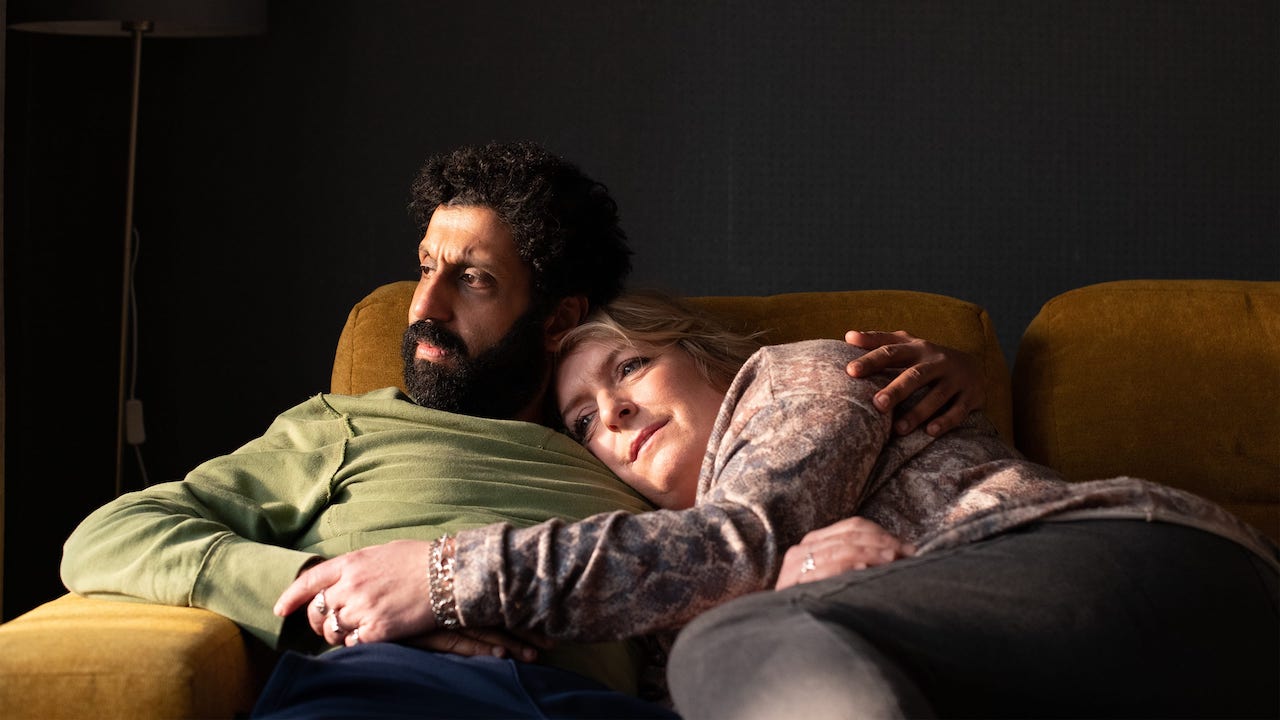
That being said, Barnard achieves what she clearly set out to depict in this film. Bradford is shown beautifully, with several night-time sequences lit exclusively by fireworks elevating the documentary realism to something enchantingly cinematic. These scenes, and those where the couple are listening to music together or separately, feel poetic in a way we haven’t seen from Barnard before: a change of style that she handles with deftness.
It’s during one of these enchanting sequences that the film’s darkest piece of dialogue is delivered, as Ava softly recalls the abuse she experienced with her ex-husband. The image of boots he would use to beat her being passed down to her sword-wielding son is harrowing in the extreme, and goes some way to explain why ultimately the central couple cannot have the fairytale ending we hope for. Barnard has created another film which refuses to be easily categorised or interpreted, and will undoubtedly benefit from further discussion and rewatches.
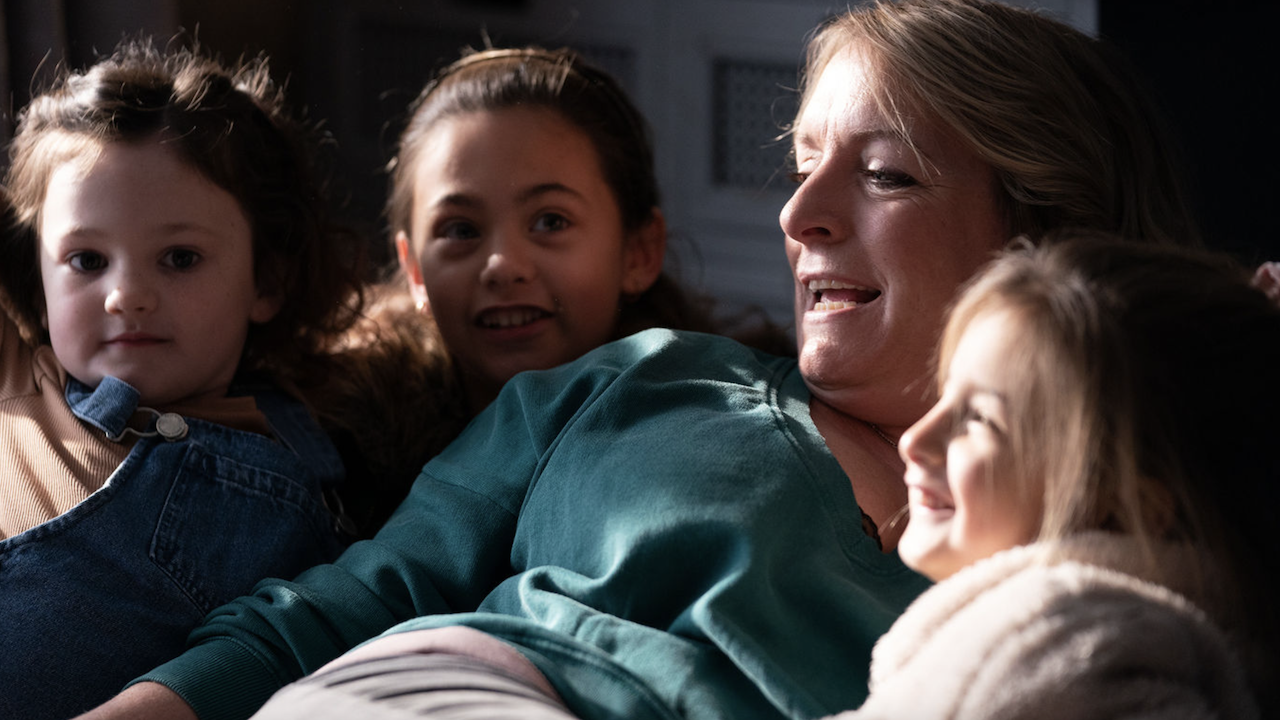
It’s great to see that BAFTA has acknowledged the craft of Barnard’s film through several major nominations, including Outstanding British Film, following several years of the British Academy sidelining independent British films in favour of a Hollywood-heavy model. By contrast to many of the films leading the awards race this year, Ali & Ava is a subtle and moving taste of lived experience in England, and that’s something we should celebrate and hope to see more of in the future.





